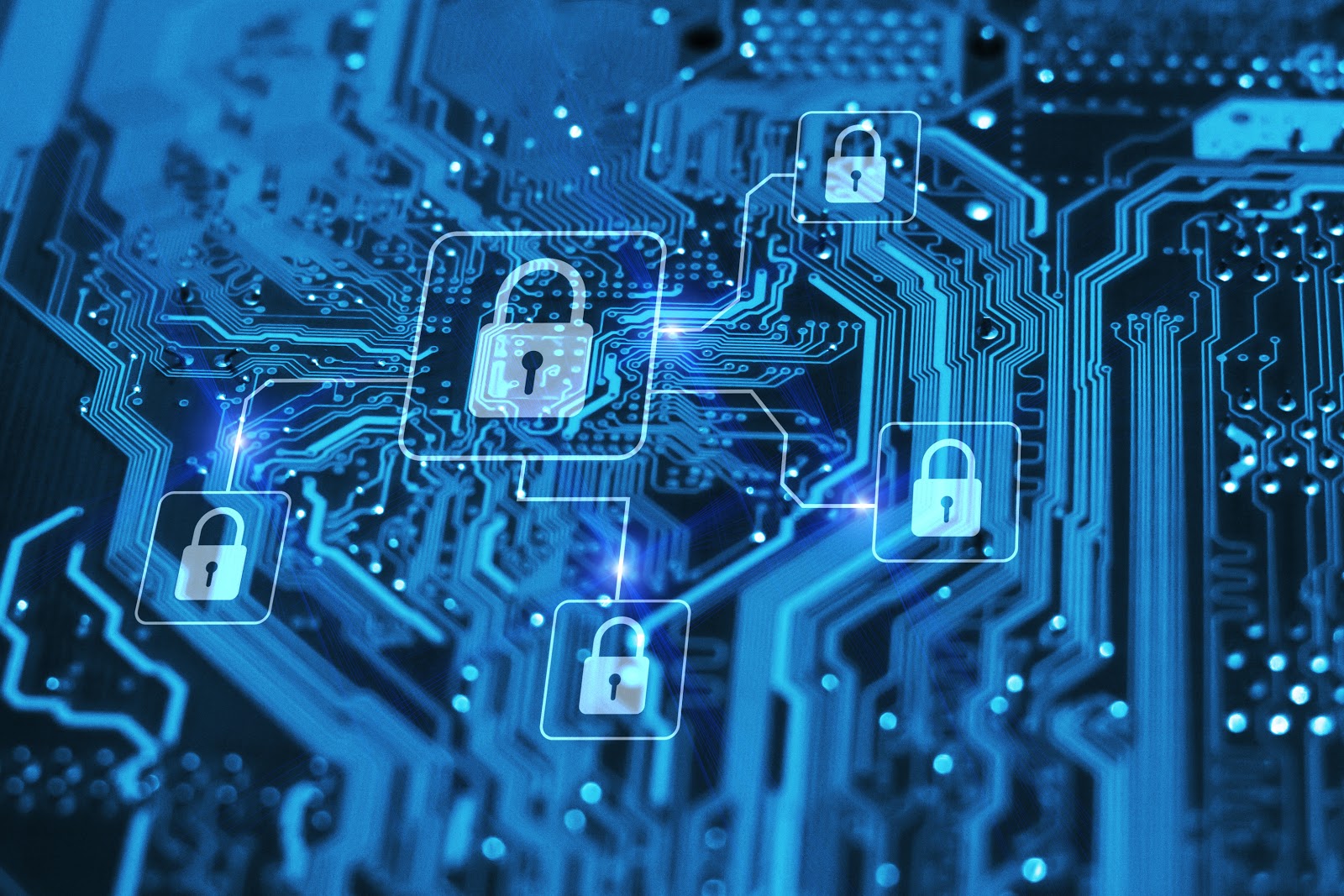In 2020, the Covid-19 pandemic catalyzed a massive shift to remote working for businesses across the globe in every industry. No analyst could have predicted what was to come, and although it was a challenging time, managed service providers (MSPs) saw tremendous growth both due to the transition to a remote workspace and the need to optimize IT infrastructure and costs. Now that companies have had time to adapt, MSPs are expected to find ways to better serve their customers and refine their strategies to support this new landscape. Here are five key cybersecurity trends that MSPs must address to stay competitive in 2021 and beyond.
1. Ransomware
Businesses have been fighting against ransomware attacks for many years and with the adaptation to remote work, it is clear that these threats are not only going to continue, but they will likely become more aggressive. Targeting businesses instead of consumers has proven to be a lucrative strategy for bad actors – the bigger you are, the more money you have to lose. In 2021, MSPs need to implement reliable and secure solutions to counteract these attacks, far beyond basic antivirus or AV. While these products typically detect most malware based on signatures, some viruses that are generated to have a unique (never-before-seen) signature will slip through. AV needs to be able to look for behaviors, other than signatures, that indicate an ongoing ransomware attack and block it.
2. Remote Workers
Another trend MSPs will need to prepare for is a permanent shift to remote work. In 2020, many businesses discovered their ability to be productive no matter where employees were physically located. Major players, including Google and Twitter, have been able to save a lot of money by eliminating the need for expensive office infrastructure. While the switch to fully-remote status looks to be a significant win for both employees and their organizations, cybercriminals view this as an opportunity to establish footholds in the company’s network. MSPs must employ technology solutions that offer basic AV and use advanced techniques to quickly identify dangerous behaviors to protect these endpoints. They should be on the lookout for programs attempting to exfiltrate data from standard file-sharing applications such as Dropbox and work proactively to stay ahead of hackers.
3. Consolidation

Many organizations were forced to make considerable budget cuts due to losses incurred during the Covid-19 pandemic. However, IT and security professionals are still being asked to provide the same level of service with fewer people to make it happen. There is no room to compromise on quality, so teams will have to make efficient use of the resources available to them. Moving forward, MSPs need to develop comprehensive solutions that tie in multiple types of data and report on the most impactful analytics to streamline how service is delivered in the future. These solutions should allow smaller staff to manage larger IT ecosystems and provide more effective problem solving and support.
4. SaaS
The rise of remote workforce needs has prompted increased use of software as a service (SaaS) solutions in 2021. This subscription-based service provides businesses with a multitenant architecture, easy customization, and better access to data from any networked device. Although these systems can make MSPs more efficient, they serve as targets for hackers due to the value of the data they store. SaaS providers must utilize best practices in the coding and implementation of these solutions. Monitoring cloud security is far more effective in the development process than after solutions have been published.
5. VPN Collapse
Virtual private networks (VPNs) were part of the initial move to remote work. While the technology is functional, it has the potential to cause issues in regard to employee access for many organizations. In some instances, the bandwidth of VPNs limited the ability for businesses to meet their needs, and hardware and licensing restricted the number of users that could be directly connected to the internal network at one time. Businesses have recognized the issue and will be migrating to solutions that provide better access without disrupting workflow, such as modified VPNs. Some organizations will get rid of VPNs entirely and adopt a zero-trust architecture. This shift will take time, but it will be a great way for companies and MSPs to test out new approaches to their business models.
Enhance Your Cybersecurity with Mindcore
The future of your business depends on how effectively you protect your technology. At Mindcore, our team can help you prepare for 2021 cybersecurity trends and invest in the proper IT solutions. We will work with you by leveraging our deep knowledge and expertise, and answer any questions you may have along the way. Contact us today to learn more about our high-quality services or to schedule a virtual consultation.

